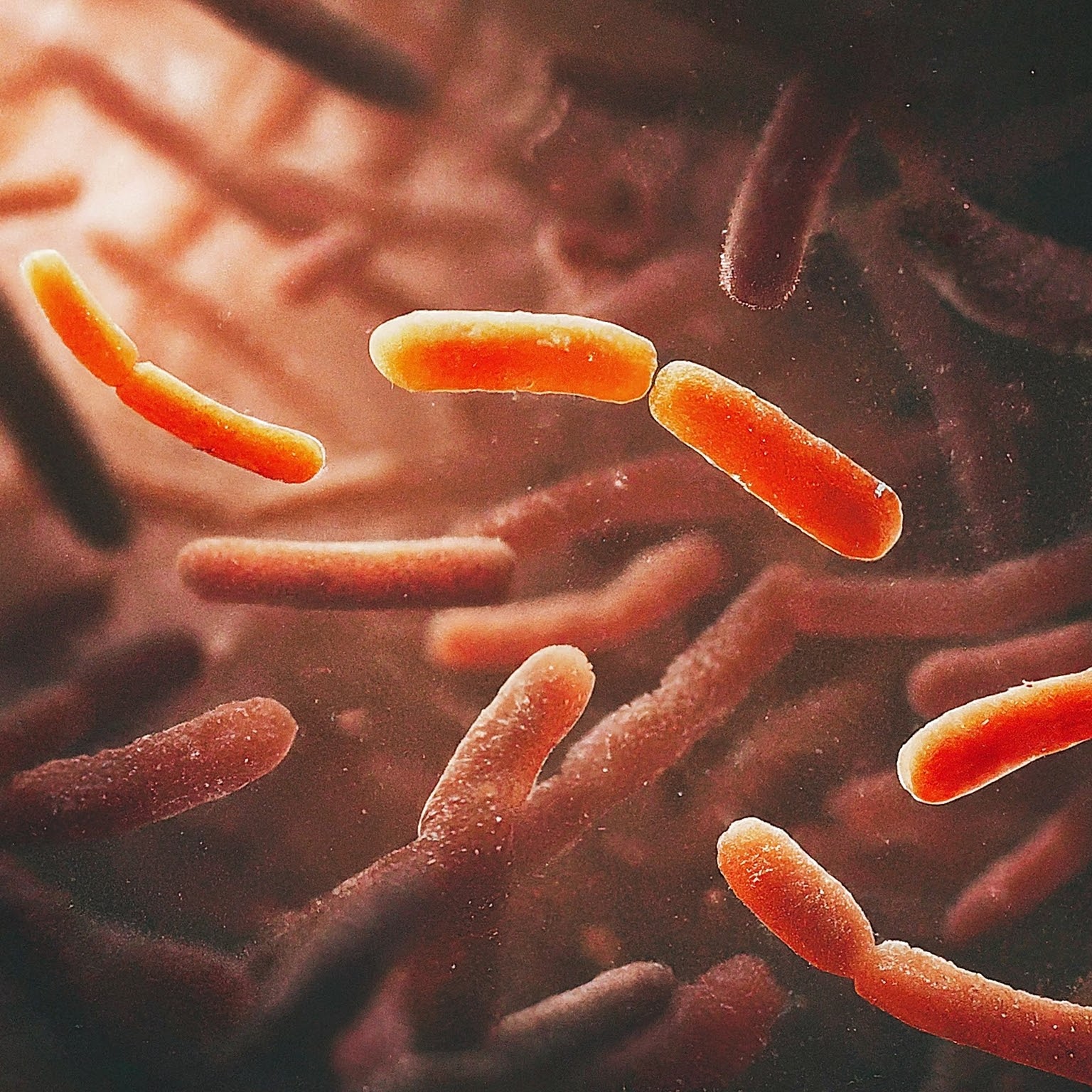According to a recent UCLA Health research, resilient persons have increased neural activity in brain areas linked to better emotion regulation and cognition. They also demonstrate greater mindfulness and are better at expressing their emotions. The same group also showed lower inflammation and gut barrier, as well as a gut microbial activity associated with a healthy gut.
Their findings were published in the journal Nature Mental Health.
Instead of looking at the activity and makeup of the gut microbiome for diseases like depression and anxiety, the researchers wanted to investigate the gut microbiome and brain in resilient, healthy individuals who can deal with a variety of stressors, such as social isolation and discrimination.
If we can identify what a healthy resilient brain and microbiome look like, then we can develop targeted interventions to those areas to reduce stress.
Arpana Gupta, PhD
This research appears to be the first to investigate the relationship between gut microbiota, brain function, and resilience.
Since untreated stress can raise the risk of heart disease, stroke, obesity, and diabetes, Gupta and her colleagues concentrated on stress management techniques. Although stress will always be a part of life, learning coping mechanisms can help stop illnesses from occurring.
In order to do the study, the researchers divided the 116 participants into two groups and asked them questions on their resilience, including things like trusting their gut feelings and accepting change positively. On the resilience scale, one group scored highly while the other scored poorly. Two or three days before their scans, the individuals provided stool samples and underwent MRI imaging.
Comparing the high resiliency group to the poor resiliency group, the researchers discovered that the former had greater cognition, activity in brain areas linked to emotional control, and lower levels of anxiety and depression.
When a stressor happens, often we go to this aroused fight or flight response, and this impairs the breaks in your brain.
Arpana Gupta
But the highly resilient individuals in the study were found to be better at regulating their emotions, less likely to catastrophize, and keep a level head.
Desiree Delgadillo
The microbiome activity of the high resilience group was also different from that of the poor resilience group. Specifically, the microbiomes of the high resilience group showed gene activity linked to reduced inflammation and a robust and healthy intestinal barrier, as well as the excretion of metabolites. Inflammation weakens the gut barrier’s capacity to keep toxins out of the gut and absorb vital nutrients that the body needs. This condition is referred to as a leaky gut.
Also, Read| Researchers uncovered the DNA mechanisms of rare genetic diseases
The discovery that these microbial profiles were connected to the high resilience group shocked the researchers.
Resilience truly is a whole-body phenomenon that not only affects your brain but also your microbiome and what metabolites that it is producing.
Arpana Gupta
We have this whole community of microbes in our gut that exudes these therapeutic properties and biochemicals, so I’m looking forward to building upon this research.
Desiree Delgadillo
Also, Read| DNA preserved in an amber-like polymer
Future investigations by the researchers will examine if altering gut and brain microbiota activity might result from an intervention aimed at boosting resilience.
We could have treatments that target both the brain and the gut that can maybe one day prevent disease.
Arpana Gupta
Source: University of California – Los Angeles Health Sciences (UCLA) News
Journal Reference: An, Eric, et al. “Stress-resilience Impacts Psychological Wellbeing As Evidenced by Brain–Gut Microbiome Interactions.” Nature Mental Health, 2024, pp. 1-16, https://doi.org/10.1038/s44220-024-00266-6.
Last Update:







